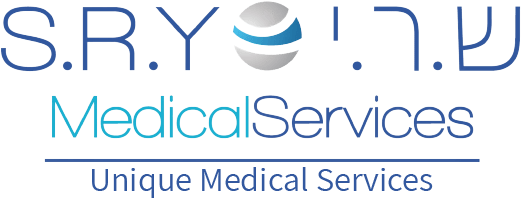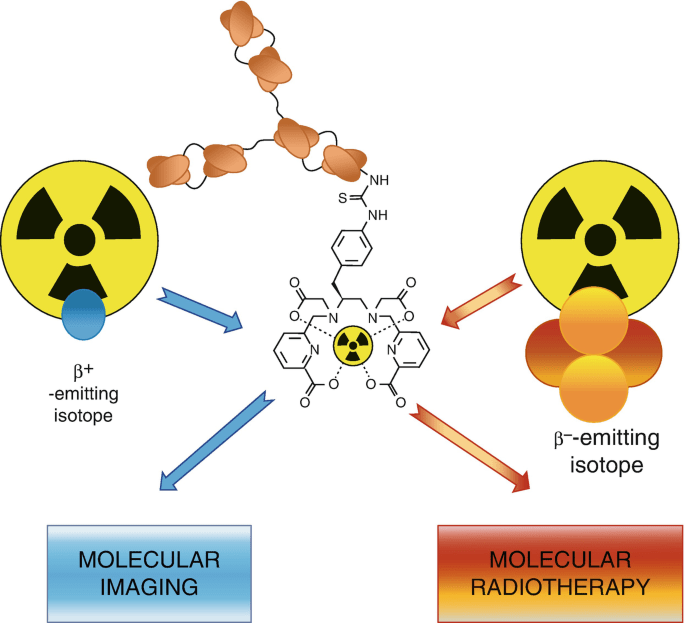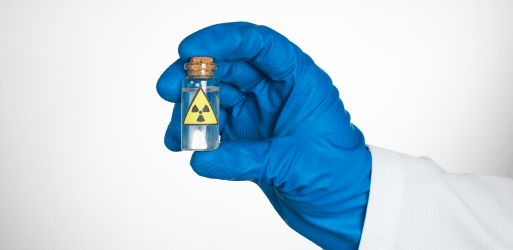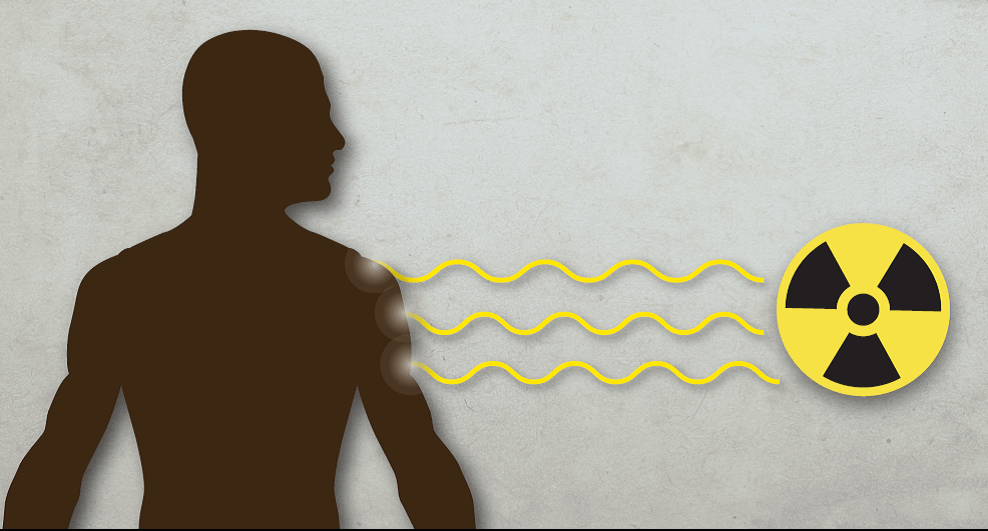The Department of Nuclear Medicine is engaged in administering radiopharmaceuticals for therapy, diagnosis, and research purposes. In most cases, the radiopharmaceutical is injected intravenously for diagnostic or therapeutic use. After the substance is distributed throughout the body and reaches the target tissue, a scan is performed using a dedicated camera (PET-CT, SPECT, or gamma camera). These scanners contain detectors that capture the gamma radiation emitted from the radiopharmaceutical and provide quantitative information about the distribution of the compound in the body. This enables assessment of organ function, physiological processes, and pathological changes. Therefore, this field pertains to functional medical imaging.
For therapeutic purposes (radiotherapy), nuclear medicine uses radiopharmaceuticals that emit alpha or beta radiation, allowing targeted eradication of the target cells (e.g., cancer cells) in a controlled manner, while minimizing damage to healthy tissues.
In summary, nuclear medicine is used for disease diagnosis and treatment, for patient management and monitoring treatment efficacy, and as a prognostic tool in a wide range of fields, including oncology, neurology, cardiovascular diseases, and more. It is an integral part of the diagnostic and therapeutic workup of many patients.




